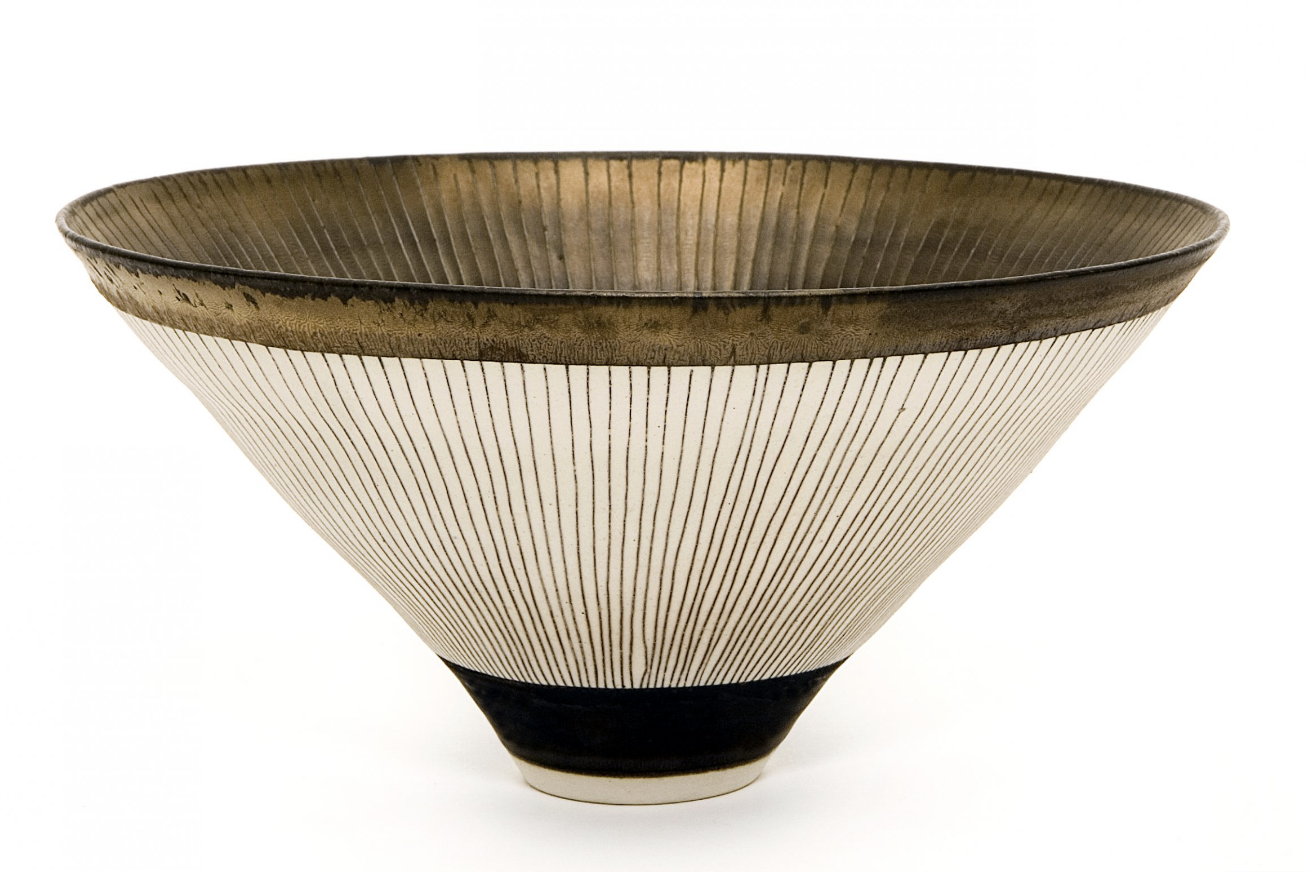Learning to Abstract: Art Helps Us See the Bigger Picture
Lucie Rie - Bowl
'The aim of art is to represent not the outward appearance of things, but their inward significance.’
Aristotle
I read recently about a study into the impact of art on our day-to-day thought processes. (Rhys Blakely, The Times, 6 May 2025)
A team of researchers from the University of Cambridge recruited 187 visitors to an exhibition of work by ceramicist Lucie Rie at the local Kettle’s Yard gallery.
One group of visitors was invited actively to consider and then rate the beauty of the objects they viewed. (Rie’s art was chosen because it prompts quiet contemplation.) The other group was simply asked to match line drawings of the artworks with the real things.
The respondents were then tested on how they process information – whether in a practical or abstract way. For example, does ‘writing a letter’ just mean putting pen to paper, or does it mean sharing your thoughts? Is ‘voting’ just marking a ballot paper, or influencing an election? Is ‘locking a door’ inserting a key, or securing a house?
The researchers found that those in the ‘beauty group’ were 14% more likely to choose the more abstract interpretations. These same respondents also reported feeling moved, enlightened and inspired.
Professor Simone Schnall, senior author of the study (which was published in the journal Empirical Studies of the Arts), observed that taking time to contemplate art induces ‘psychological distancing’, a stepping back from your own thoughts, allowing for greater clarity and a healthier perspective.
‘Our research indicates that engaging with the beauty of art can enhance abstract thinking and promote a different mindset to our everyday patterns of thought, shifting us into a more expansive state of mind. One snaps out of the mental trappings of daily life and focuses more on the overall picture.’
Professor Schnall concluded that art can help free us from the everyday anxieties of the social media age.
'People today are often tethered to their devices, and we usually think in very concrete terms when we’re doing something on a screen. It’s becoming much rarer to zone out and just let the mind wander, but that’s when we think in ways that broaden our horizons. Admiring the beauty of art may be the ideal way to trigger the abstract cognitive processes increasingly lost in a world of screens and smartphones.’
This research should resonate with Strategists, because the ability to abstract is fundamental to our craft. The best Strategists can distance themselves from events and survey the scene. They can observe patterns, movements, trends and directions in diverse datasets and variegated consumer behaviour. They can identify and articulate the unifying idea in seemingly separate executions. They can review the options and see the bigger picture.
The best Strategists take a step back, in order to move forward.
On a more melancholy note, though the mode of thinking differed across the two groups in the study, the mood did not. Art can expand your mind, but it can’t make you happier.
'Expand your mind
To understand
We all must live
In peace together.
Extend your hand
To help the plan
Of love through all
Mankind on Earth.’
Lonnie Liston Smith & The Cosmic Echoes, ‘Expansions'
No. 531
